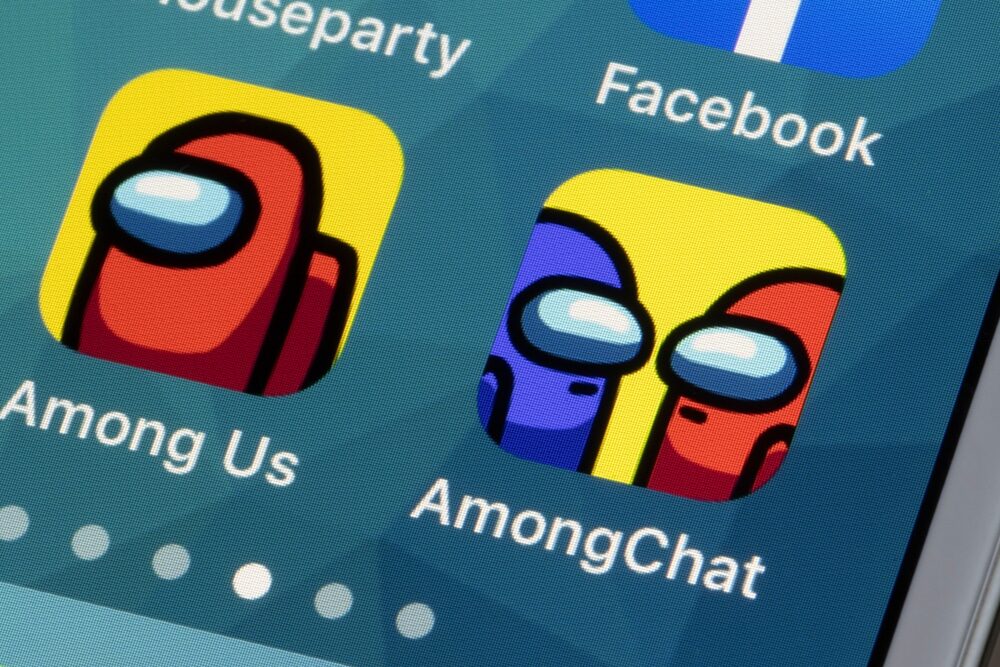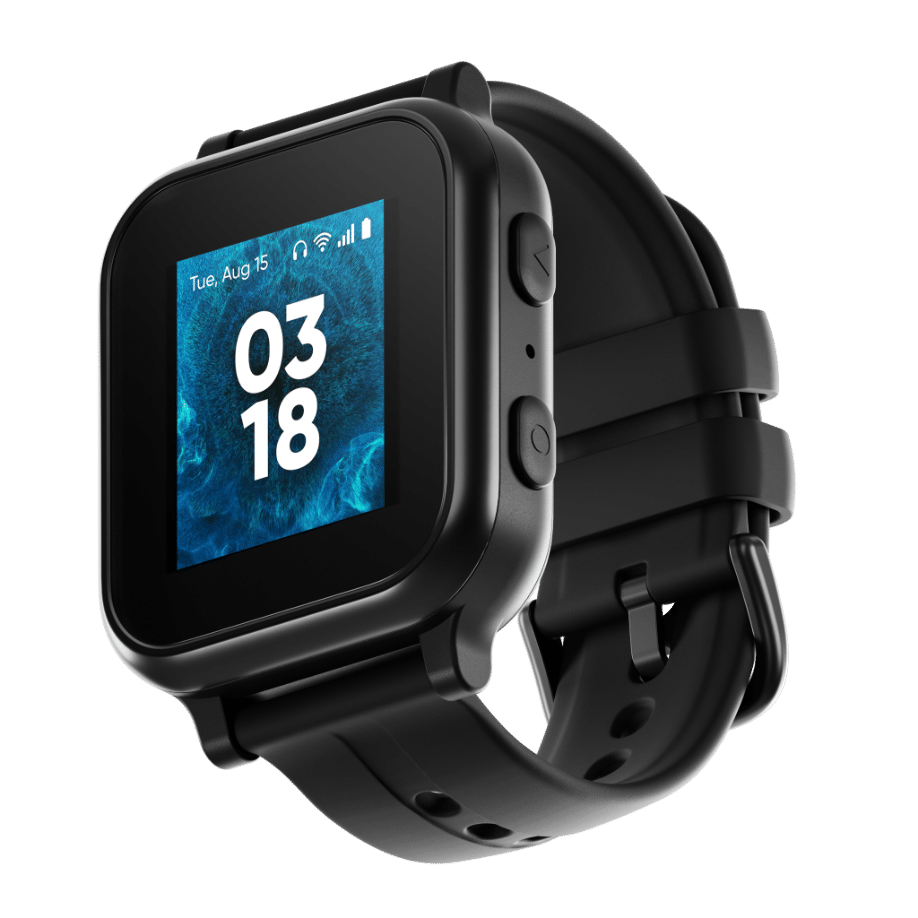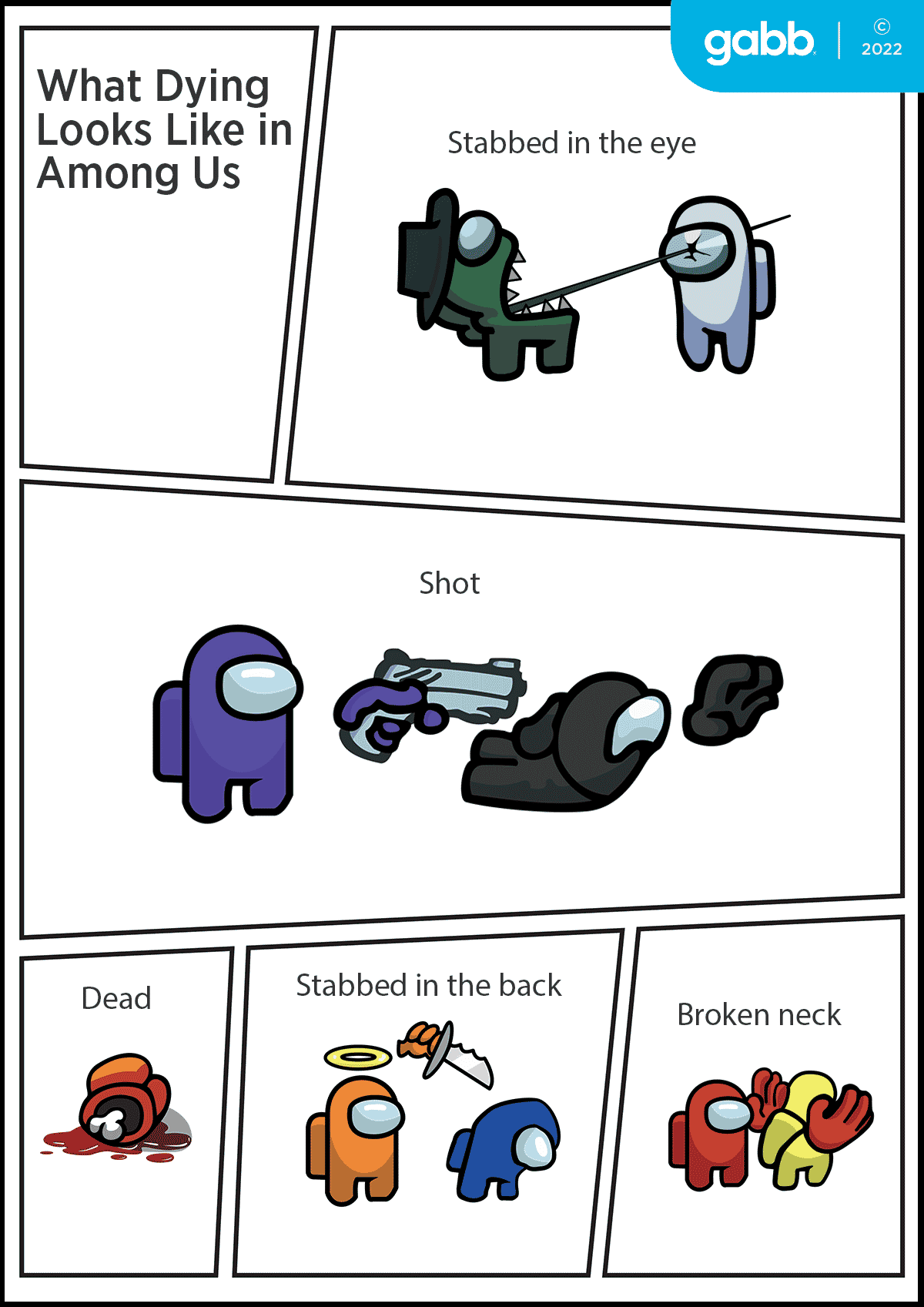Is Among Us Safe for Kids?
Giving parents the inside scoop on the dangers
DEC 07, 2022
Is Among Us Safe for Kids?
Giving parents the inside scoop on the dangers
Warning:
-
This article contains explicit language that may be offensive to some readers.
At least 59% of teens have played the popular online multiplayer game, Among Us 1. Of these young users, nearly one in ten have encountered negative situations (i.e., harassment, bullying, or sexual advancements) while on the app 1.
What is Among Us, how can it be dangerous, and what can parents do about it?
Nearly 1 in 10 children who play Among Us have encountered negative situations on the app—harassment, bullying, predators, or sexual advancements. [1]
What Is Among Us?
Among Us is an online social deduction game—similar to popular party games like Murder in the Dark or Werewolf.
Like these party games, players interact with each other to try to guess who the “killer” is. Although Among Us is a lot of fun, it is much more dangerous than its in-person counterparts.
At the beginning of the game, each player is assigned a role as Crewmate or Imposter. Crewmates try to identify all Imposters while Imposters try to sabotage the mission.
To play with friends, users can share a code and join a private game. However, if users don’t have a group, they can find public games and play with strangers.

Is Among Us Popular with Kids? Yes, and adults love it, too
The game is most popular among minors, but adults also enjoy playing it with friends and strangers.
Why Is Among Us Dangerous?
Among Us can be a thrilling game—running for your life or trying to blend in to evade suspicion. However, the game has dangers associated with it that parents should know about.
- Cartoon violence
- Online chats
- Explicit language
- Exposure to predators
Features like cartoon violence, online chats, inappropriate language, and exposure to online predators all serve to create a risky environment.
Risk #1: Violent cartoon graphics
The action depicted in Among Us is graphic. When an Imposter kills a player, they see their own death.
The little cartoon avatars are either repeatedly stabbed in the back with a knife, have their necks broken by the Imposter, are shot, stabbed through the eye with the Imposter’s pointed tongue, or are burned with a jet of fire.
While the animation is tamer than the violence portrayed in many video games, it can be disturbing for some players and normalizes brutality.

Risk #2: Online chats with strangers
An essential feature of Among Us is the game chat function. It allows players to make accusations, defend themselves, voice suspicions, and try to sway the vote—central aspects of any social deduction game.
While this can be the most fun part of the game, it is also the most dangerous.
Players can say almost anything they want—potentially subjecting kids to foul and vulgar language, links to explicit websites, bullying or harassment, and grooming by online predators.

Risk #3: Inappropriate language
On the chat function, kids will likely come across offensive language. This can be everything from the F-word, sexually explicit language, dirty jokes, innuendo, and hate speech.
While registered as a 13-year-old, Gabb researchers saw comments in the chat like, “I want your big D, daddy,” “I gotta 8-incher just for u,” and “F*** off” within ten minutes of playing.
Gabb Researchers Joined Among Us Chat Rooms
-
While registered as 13 year old players, Gabb researchers found the following inappropriate and predatory language within ten minutes of playing a public Among Us game for the first time:
- You wanna get pounded? I gotta big green d***
- When I f*** your mother, start [the game]
- Get f***** tatti” [tatti can be slang for the s-word or other vulgar references]
- Player: Hru [how are you] Gabb researcher: Good u? Player: Good but hxrny
In addition to these messages, a variety of inappropriate usernames were seen, some of which implied a solicitation for a sexual act.
Nearly all researchers were asked if they had a Snapchat account and wanted to connect.
Risk #4: Grooming by predators
Anywhere young people congregate to play online games, predators are sure to follow. And when those places allow for interactions with strangers through free chats, children are at risk of being groomed.
On Among Us, players can quickly form bonds and friendships by being on the same team, winning, and developing trust. This becomes problematic when these new “friends” are predators, posing as children.
While these kinds of team-centered relationships made Among Us popular during Covid lockdowns, players can never be sure who is on the other end of the avatar and what their intentions are.
-
Online predators can develop digital friendships with kids and suggest they meet through other platforms, like Snapchat or WhatsApp.
Once on these other social media apps, predators will attempt to build deeper relationships and sexually exploit their victims.

Links to unsafe websites
While Among Us doesn’t allow players to post working links, in chats, players can share web addresses (URLs) to offensive internet sites.
Whether children are accurately told what they will find or whether they are misled (“type this address in to find tips for getting better at Among Us”), access to web addresses presents a risk for young people to encounter potentially harmful content and be lured into risky relationships.
Bullying: Name-calling and self-harm
It’s unfortunate, but people can be mean. It’s common for players to be made fun of for being new to the game, making mistakes, asking questions, or accusing others of being the “imposter.”
At best, the game host might kick the new kid out. At worst, the team may gang up against the victim, calling them names and encouraging self-harm.

Among Us Chat Options
To enhance safety, players can join ‘Quick-Chat Only” games. With this option, communication between players is limited to a list of pre-approved comments.
While there is a learning curve to navigating the quick-chat menu, using this option creates a safer way to play and eliminates nearly all of the risks associated with free chat.
The app also offers censored chat, but the filter lets a lot of inappropriate content slip through. Furthermore, the filter merely replaces inappropriate words with stars (****), so the message’s meaning is often still clear.
The game only offers text chat, but kids can use supplemental apps like Discord (as an overlay) or a Zoom meeting to add voice chat if they like.
Does Among Us Have Parental Controls?
Among Us does have some parental controls, but they only exist for children under 13. So if children claim to be older, they can bypass parental controls since there is no age verification process.
If children claim to be older than 13, they can bypass all parental controls within Among Us.
Users under 13 must obtain parental permission before they can create an account. When registering, the child provides their parent’s email address, and a permission email is sent to allow them to play.
Controls are linked to the parent’s email, but are not password protected. This means if your child has access to your email or if they have an email unknown to parents, nothing stops them from changing these settings.
It can be easy for a child to access a parent’s email by opening it on their phone and then deleting the message.
Kids have the option to play the game without creating an account. However, doing so does not present many risks to them since guest access limits a user to only playing “Quick Chat” games.

Is Among Us Okay for Kids?
Several dangers in Among Us make it unsuitable for kids, including graphic cartoon violence and unrestricted chats with strangers.
The game is rated by the ESRB 10+, meaning that this organization has decided Among Us isn’t safe for children under 10 years old. Despite its ranking, the game presents serious dangers to children of all ages.
Parents of teens and tweens should consider exercising caution before giving their children a license to play Among Us.
The chat function presents the greatest danger to children. Although parental controls can mitigate some of the risks associated with this feature, parents of children who register as 13 or older don’t have any way to enforce them.
If parents decide to let their kids play Among Us, they can make the experience safer by allowing private games with trusted friends, staying involved, teaching their children to be good digital citizens, and practicing internet safety skills. Children will be empowered to stay safe if they know what they may be exposed to.
Teaching Internet Safety
- Never share personal information in the chat
- Refuse any invitations from other players to connect outside of the app
- Block and report players who say inappropriate things
Teaching Tool: Parents can create an account and use it to show kids how they may be exposed to risks, inappropriate language, and predators.
Overall, have a plan in place that outlines when, where, and for how long children can play.
To find out more about how to keep your family safe in the digital age, visit the Gabb blog.













Success!
Your comment has been submitted for review! We will notify you when it has been approved and posted!
Thank you!